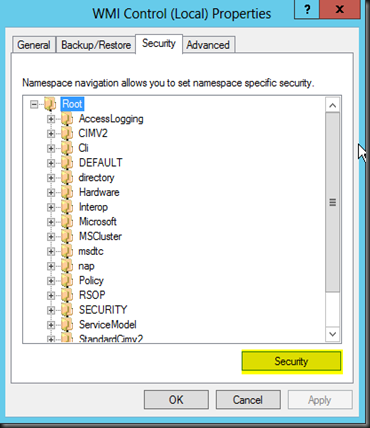Hklm Software Microsoft Security Center Svc Vol
Posted : adminOn 5/15/2018

Description This is a Trojan detection. Unlike viruses, Trojans do not self-replicate. English Grammar In Use 3rd Edition With Answer more. They are spread manually, often under the premise that they are beneficial or wanted. The most common installation methods involve system or security exploitation, and unsuspecting users manually executing unknown programs.
[HKEY_LOCAL_MACHINE SOFTWARE Microsoft Security Center Svc]. SOFTWARE Microsoft Security Center Svc Vol]. Security Client msseces.exe. In HKEY_LOCAL_MACHINE SOFTWARE Microsoft Security Center Svc. UpdatesOverride = '1' In HKEY_LOCAL_MACHINE SOFTWARE Policies Microsoft Windows Defender.
Distribution channels include email, malicious or hacked web pages, Internet Relay Chat (IRC), peer-to-peer networks, etc. Aliases • Microsoft - Rogue:Win32/Winwebsec • Ikarus - Rogue.Win32.Winwebsec • Fortinet - BAT/KillAV.PO!tr Indication of Infection Presence of above mentioned activities Methods of Infection Trojans do not self-replicate. They are spread manually, often under the premise that the executable is something beneficial. Distribution channels include IRC, peer-to-peer networks, newsgroup postings, email spam, etc. Virus Characteristics ----------------- Updated on 7-Aug,2014------------ Aliases • Microsoft - Rogue:Win32/Winwebsec • Kaspersky - Trojan.BAT.KillAV.pp • Ikarus - Rogue.Win32.Winwebsec Characteristics – “ FakeAlert-SecurityTool!bat “ is a malicious Trojan bat script file which disables the registry keys of AntiVirus, Firewalls updates and policies. It adds a registry entry inorder to run the rogue security application in the compromised system and/or its network.